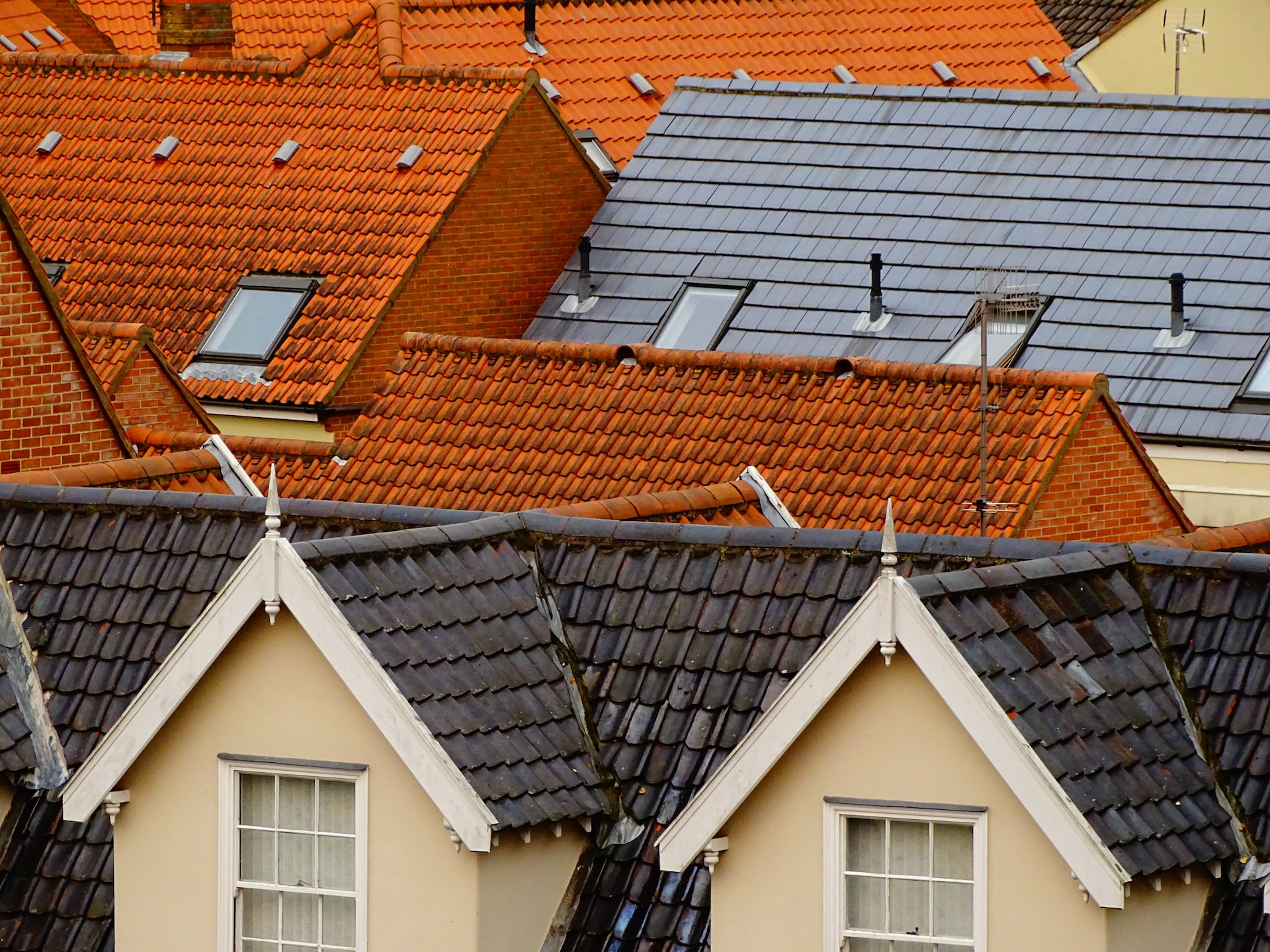Introduction:
Energy efficiency has become a major concern for many homeowners looking to reduce their environmental footprint and energy costs. Did you know that your roof can play a crucial role in this quest for energy savings? In this article, we’ll explore best practices for saving energy with an efficient roof.
1. Adequate insulation :
Insulation is one of the most important aspects of an energy-efficient roof. Proper insulation helps maintain a constant temperature inside your home, reducing the need for excessive heating or cooling. Make sure your roof is properly insulated, by using quality insulating materials and regularly checking their effectiveness.
2. Reflective coatings :
Reflective coatings, also known as “cool” roofs, can significantly reduce heat absorption by your roof. These claddings are designed to reflect the sun’s rays, helping to maintain a lower temperature inside your home during warmer periods. This reduces air-conditioning demand and contributes to significant energy savings.
3. Use of green roofs :
Vegetated roofs, also known as green roofs, are becoming increasingly popular due to their environmental benefits. These roofs are covered with vegetation, helping to reduce the urban heat island effect and improve energy efficiency. Plants on the roof act as additional insulation, reducing heating and cooling requirements.
4. Checking for leaks :
A poorly sealed roof can lead to air leaks, compromising your home’s energy efficiency. Make sure your roof is properly sealed and that there are no unwanted draughts. If you notice any leaks or cracks, call in a professional to repair them and preserve the energy efficiency of your roof.
5. Improved ventilation :
Proper ventilation of your roof is essential to prevent the build-up of moisture and excessive heat in your home. Appropriate vents, such as ridge vents, gable vents and dormer vents, can help evacuate warm air and moisture, creating a cooler, more comfortable environment inside your home.
6. Use of solar panels :
Installing solar panels on your roof is a great way to generate clean energy and reduce your dependence on traditional energy sources. Solar panels capture the sun’s energy and convert it into electricity, which can power your home and significantly reduce your electricity bill.
7. Regular maintenance :
Regular maintenance of your roof is essential to maintain its energy efficiency. Clean clogged gutters and vents, remove debris and regularly inspect your roof for any problems. A well-maintained roof will operate more efficiently and last longer.
Conclusion:
An efficient roof can play a crucial role in reducing your energy consumption and costs. By applying the best practices listed above, such as proper insulation, the use of reflective coatings, green roofs, waterproofing, ventilation, the use of solar panels and regular maintenance, you can create a more energy-efficient environment in your home. Consult a roofing professional for personalized advice and consider energy improvements for your roof today.


0 Comments